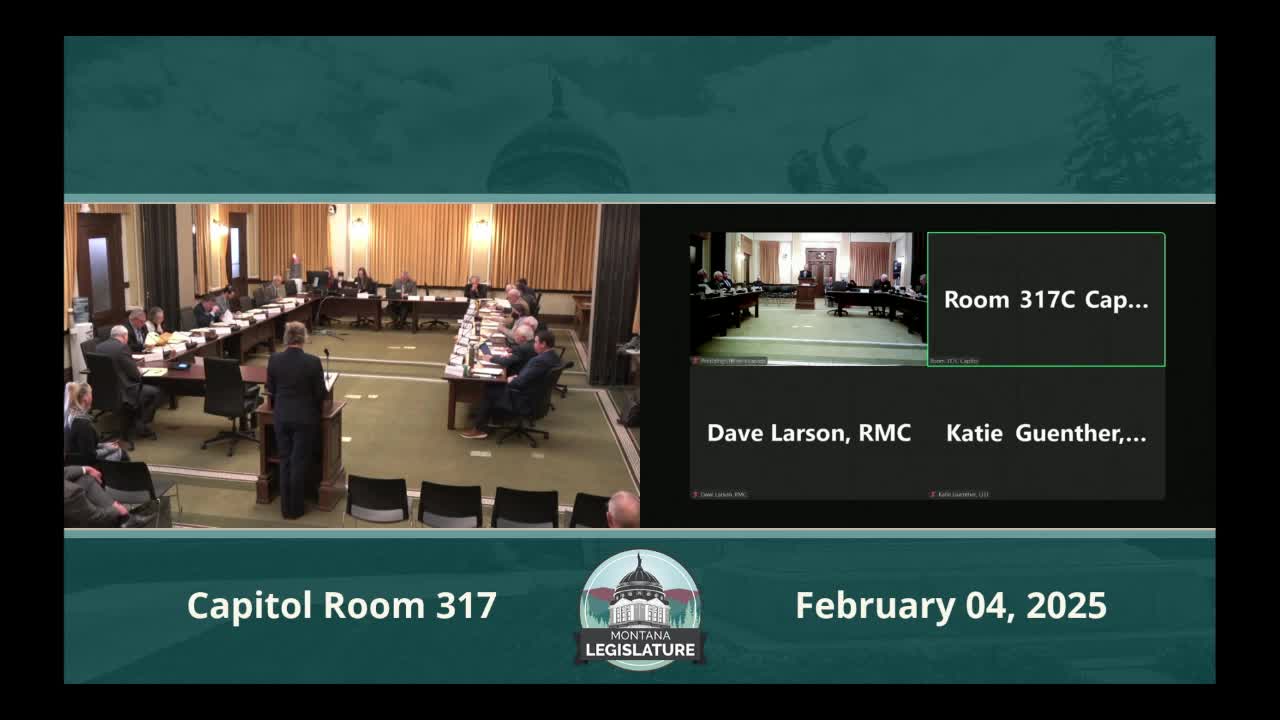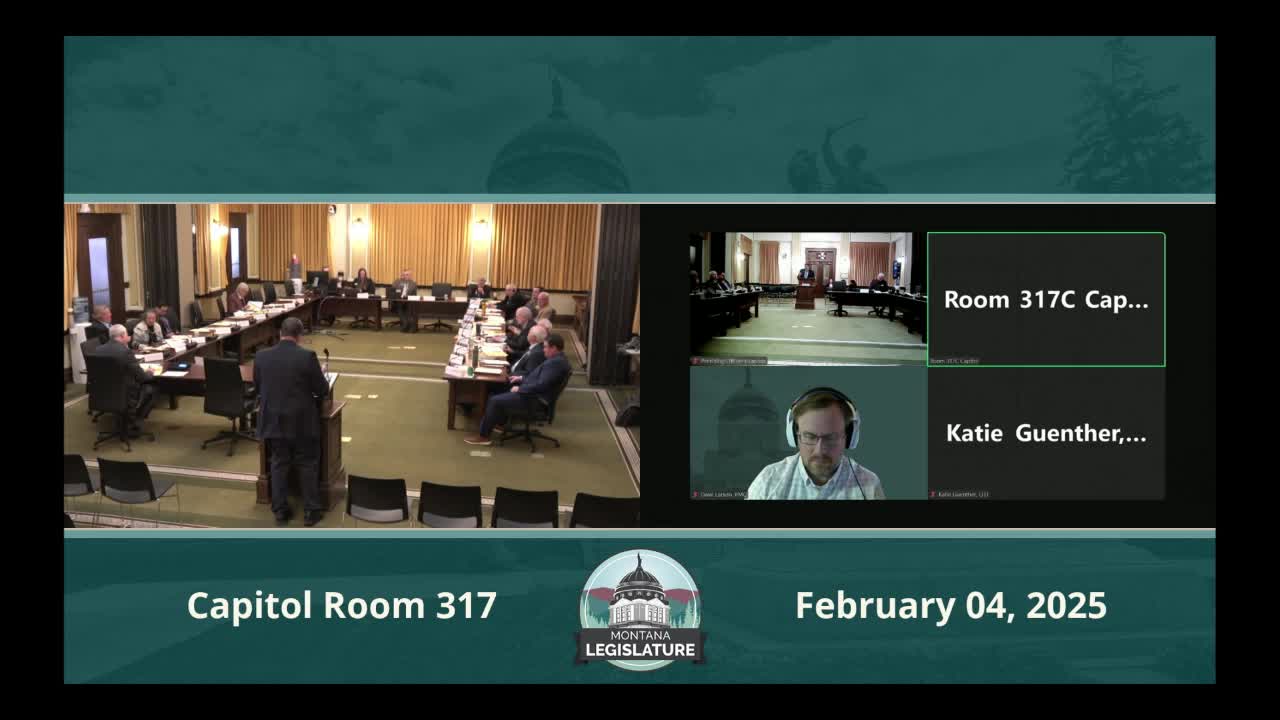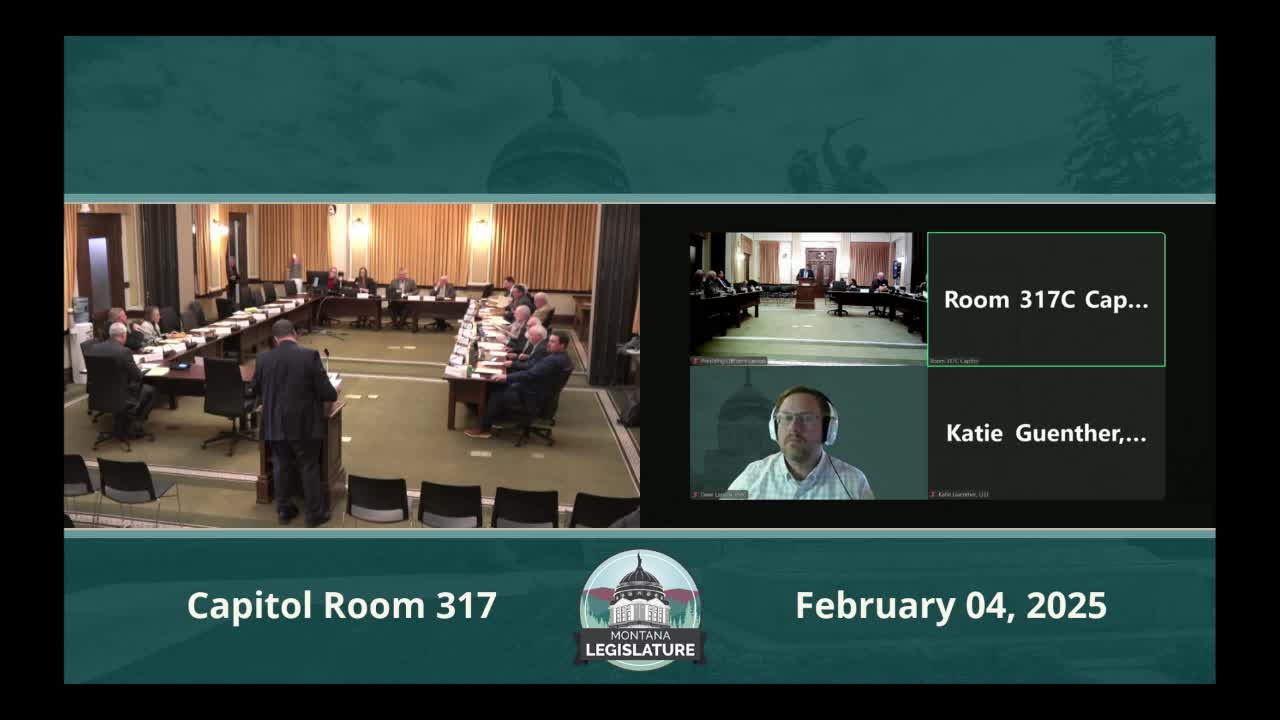Article not found
This article is no longer available. But don't worry—we've gathered other articles that discuss the same topic.

Senate committee advances bill to extend temporary vehicle registration from 40 to 60 days

Committee advances bill allowing Board of Investments to retain income from workforce-housing fund for Deer Lodge employees

